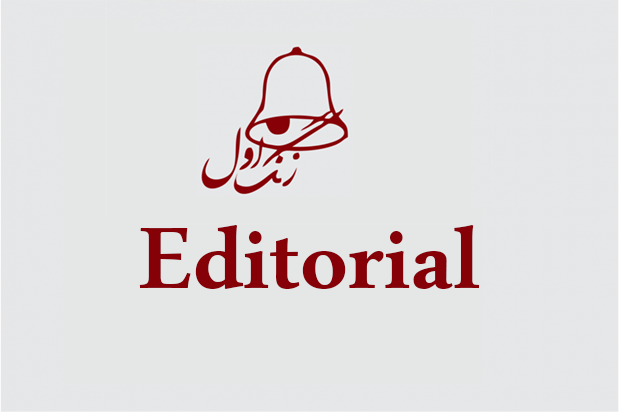Fighting corruption has always been a precondition for international aid to Afghanistan. Donors at Tokyo Conference in 2011, the Brussels Conference in 2016, and the Geneva Conference in 2020 emphasized the Afghan government’s serious fight against corruption and made it one of the preconditions for extending its assistance.
The background to the establishment of the Anti-Corruption Commissions covers two decades of Afghanistan’s current governance system, resulting from the failure of collective institutions to reduce Afghanistan’s seemingly incurable corruption.
The President of Afghanistan established the Anti-Corruption Commission on November 12, 2020, through a decree. It should be noted, however, that the commission was set up in Afghanistan about ten days before the Geneva Conference. It was clear that Afghanistan wanted to show the world that it was determined to fight corruption before the start of the Geneva Conference.
In practice, however, the fight against corruption has always been a matter of self-interest, choice, and politics. As far as can be seen, the fight against corruption in the National Unity and current governments is one-sided, wherein only accused parties that are not part of the president’s team are prosecuted. In 2020, 8 Subh and other Afghan media outlets publicized large cases of corruption and embezzlement, but of these, only those that were less dangerous and in which the defendants did not belong to the president’s political group were dealt with.
For example, from among the governors accused of mismanagement of the coronavirus budget, only the governor of Kandahar was fired. No legal action was taken against Ajmal Ahmadi’s illegal actions in the Ministry of Commerce and then in the Central Bank.
The case of embezzlement amounting to nearly one billion Afghanis from the bread distribution budget in Kabul was forgotten. No one examines the Ghazanfar Group’s loans, from which factual reports were published time and time again. The reason for this is that the late Ghazanfar was one of the financial supporters of the presidential election campaign and even after failing to repay the billions of Afghanis he had effectively borrowed from the Afghan people, he was appointed as the president’s Special Representative for Economic, Trade Development and Poverty Reduction after the elections—as if the $100 million he owed to the Afghan government were a minor impediment. For a decade, his companies have not paid this debt or the fines incurred.
The president, however, reacted harshly to the Ministry of Public Health and the Ministry of Finance and it is said that the Personal Protection Squad dismissed the Minister of Public Health from the ministry without a car or bodyguard, going against the law, ethics and administrative custom.
The president ousted the Minister of Public Health simply because those around him were accused of corruption, while this corruption was not even proven by any court. The reason for this quick action was that the Minister of Health was not part of the presidential team. The Minister of Finance was also dismissed by a presidential decree, due to the former’s disagreement with the President over economic plans and the dismissal of several employees from the ministry.
Since the National Unity Government, we had not seen such intensity of a president’s actions against ministers and officials in his team. The president perhaps thinks that people loyal to him are free from any corruption. He even reacts harshly when those from his team are accused of embezzling and corrupting millions. Some people loyal to him, who were charged, were able to easily leave the country in recent years and avoid prosecution.
These two-faced, unprincipled, and political approaches of the President to corruption cases have led the people of Afghanistan to completely lose their confidence in the government’s fight against corruption. There is no ‘mine’ or ‘yours’ in corruption. The legal and moral approach is that in dealing with those accused of corruption, they should be treated equally under the law, and corrupt insiders and outsiders should not be immune from prosecution.












